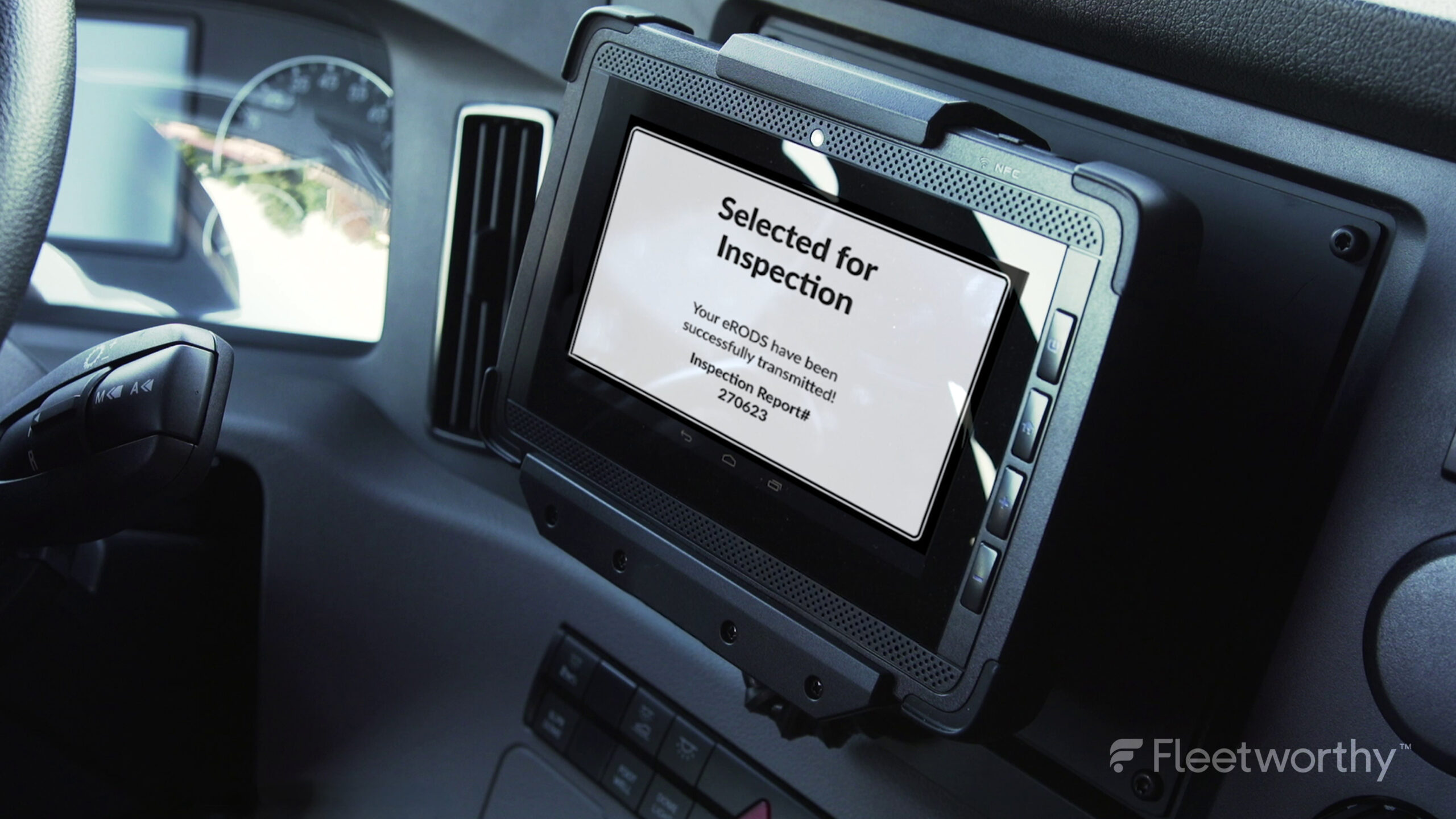Background
The Federal Motor Carrier Administration (FMCSA) is the agency tasked with developing and enforcing safety regulations to reduce crashes, injuries, and fatalities involving commercial motor vehicles. These regulations provide minimum standards for motor carriers and drivers and are believed to reduce crashes and improve safety.
In partnership with local, state, other Federal agencies, FMCSA holds motor carriers accountable to these standards, although motor carriers should have policies and procedures in place that rise above the minimum standards.
Following the Federal Motor Carrier Safety Regulations (FMCSRs) is important for several reasons. This article focuses on what can trigger selection for a DOT audit and how to reduce the likelihood of selection.
Monitoring Motor Carriers
The FMCSA measures motor carrier performance with the intent of identifying those carriers that pose a safety risk and intervening with them to correct safety deficiencies under the enforcement program called Compliance, Safety, and Accountability (CSA).
The tool that the FMCSA uses to quantify motor carrier compliance and on-road performance is the Safety Measurement System (SMS), which assesses motor carriers and groups data into seven Behavior Analysis and Safety Improvement Categories (BASICs):
- Unsafe Driving
- Crash Indicator
- Hours-of-Service Compliance
- Vehicle Maintenance
- Controlled Substances/Alcohol
- Hazardous Materials Compliance
- Driver Fitness
Several things go into the SMS scoring that we will not cover here, but the end result is a “CSA score” in each of the BASICs listed above. It is vital for motor carriers to monitor these scores because they are the main trigger for Department of Transportation (DOT) audits.
Measures and Events as Triggers for Audit
The majority of reasons for a DOT audit are related to CSA scores and violation data in the SMS. A few examples include:
- A high score in one BASIC category will be flagged in the SMS system and will trigger an intervention, which could be a warning letter, or a notice of a compliance review.
- Scores over threshold in 2 or more BASICs will typically result in an audit.
- The severity of safety violations.
- There are sixteen violations noted as “red flag” violations, which are considered egregious and will draw more attention than other, less severe, violations.
- A high percentage of out-of-service violations, resulting in a ranking over the national average can also result in an audit.
- Number of DOT-recordable crashes.
- A high accident rate will trigger an audit that will be focused on crash, unsafe driving, and management controls around preventing crashes, but as the audit progresses it can branch into other areas as well.
Other Triggers Resulting in Audit
While the main reasons for a DOT audit come from CSA scores within the SMS, other events can also trigger DOT audits.
Safety Complaints
Complaints can come from various sources and will trigger audits if DOT deems them credible.
- Disgruntled drivers
- Reroutes or other changes in work schedule or pay can cause frustration, and even if regulations are being followed, a complaint call to DOT may be the result.
- Drivers being asked to ignore regulatory requirements often call DOT – they do not want to lose their license or be flagged in the CSA system as an unsafe driver because of their employer’s actions.
- Other company employees
- Dispatchers, supervisors, and any others that are concerned about lack of management controls may ask DOT to investigate.
- Motoring public
- Citizens that observe perceived or real unsafe behavior on the road by commercial drivers may register a complaint that triggers contact from DOT.
Serious Accidents
Fatalities are typically the type of accident that will trigger an audit, but a serious accident without a fatality can also be a trigger.
- These audits may be focused initially but may branch into other areas as the auditor reviews the carrier data and safety management controls.
Previous Audits
Unsatisfactory results of a prior audit may trigger the next audit.
- Failing a new entrant audit
- The motor carrier will be required to show that deficiencies have been resolved to be allowed to maintain operating authority.
- Conditional rating on a compliance audit
- The motor carrier will have a specified amount of time to resolve issues or operating authority will be revoked.
- Lack of improvement since the last audit
- If a Satisfactory rating is granted on an audit, but CSA scores remain high over time, another audit can be triggered to ensure improvement since the last audit.
How to Reduce the Likelihood of an Audit
Some ways to reduce audit exposure are to:
- Have policies and procedures in place that exceed the minimum regulatory requirements and consistently follow them;
- Maintain best practices and be a leader in the industry;
- Keep good safety management controls in place that train and hold everyone accountable (drivers, supervisors, and managers);
- Continuous monitoring of systems and data that comes from those systems to identify breakdowns that need to be addressed before a crash or violation occurs.
Even if you do everything right, you may still be selected for an audit, but if you maintain a high level of accountability to the FMCSRs and company policies and practices, it will ensure that you are poised to pass the audit and keep your operating authority.
Fleetworthy provides services to help you meet and go beyond the minimum regulatory requirements and be prepared for any audit that may come your way. We can also help assess your current audit-readiness by conducting a Mock DOT Audit, conducted according to the DOT audit criteria, which will determine how you would fair in an audit conducted by DOT.




